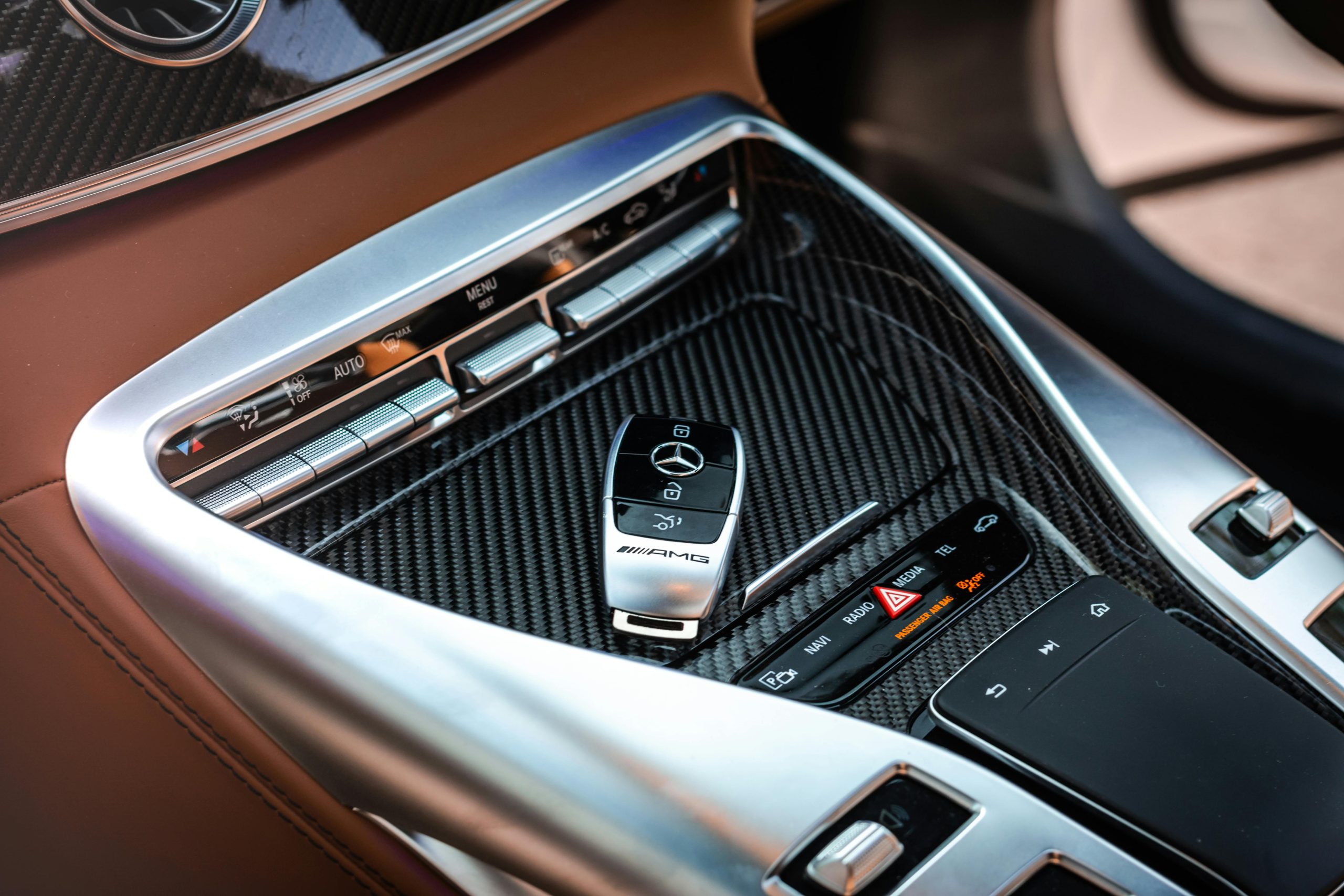

Driving Towards Financial Freedom: The Impact of Down Payments on Auto Financing
When you’re looking to buy a car, the amount of money you pay upfront can make a big difference in how much you’ll have to pay each month, and how much you’ll end up paying overall. This is called the “down payment.” By saving up for a down payment and understanding how it affects your auto loan, you can make better decisions and reach your goals without putting your finances at risk. In this blog, we’ll explain how down payments work and share some tips on how to save up for one.
The Role of Down Payments in Auto Financing
When you buy a car and pay for it over time, the down payment is the money you pay upfront. It’s like a deposit. Even though it’s not always required, putting money down can have a big effect on the loan you get for your car:
- Loan Amount: If you can save up a bigger amount of money to pay upfront when buying something on loan, like a house or a car, you’ll have to borrow less money and the loan terms will be more favourable. This can help you save money in the long run by reducing the amount of interest you’ll have to pay and making your monthly payments lower.
- Interest Rates: When you’re taking a loan to buy a house or a car, it’s a good idea to make a big down payment. That means you pay a lot of money upfront before the loan starts. When you do that, the bank or lender might give you a lower interest rate. Interest is the extra money you pay on top of the loan amount. A lower interest rate means you’ll pay less extra money over time. That can add up to a lot of savings!
- Loan Duration: If you can afford to make a bigger initial payment when purchasing something, like a house or a car, you might be able to choose a loan that has a shorter repayment period. This means you’ll pay less interest over time, and you’ll own more of the asset sooner.
- Overall Affordability: Making a down payment when buying a car can be helpful. It can reduce the amount you need to borrow and lower the risk of owing more than the car is worth. Ultimately, it can make your purchase more affordable and help you avoid potential financial problems down the road.
Strategies for Saving for a Down Payment
Putting aside money for a down payment on a house is not an easy task. It requires you to be disciplined, dedicated, and careful with your finances. But don’t worry, there are several effective ways to help you save money for your down payment. In this article, we’ll share some strategies that can assist you in building your down payment fund:
- Set a Savings Goal: Deciding to buy a house can be an exciting but overwhelming experience. One important thing to consider is how much money you need to save for a down payment. It’s important to set a realistic timeline for saving this money and break it down into smaller, more achievable goals. By doing this, you can track your progress and make the process of saving for a down payment more manageable.
- Create a Budget: Take a closer look at your income, expenses, and financial commitments to find ways to save more money. Set aside some of your monthly income to build up your down payment fund. This can help you achieve your goal of owning a home sooner.
- Automate Your Savings: You can make it easier to save for a down payment on your dream home by setting up automatic transfers from your checking account to a separate savings account. This way, you can save up a little bit every month without even thinking about it. Just think of your savings as a bill that you need to pay each month, and make it a priority. This will help you reach your goal faster and more effortlessly.
- Reduce Discretionary Spending: To save more money for your future home, you may want to think about cutting back on things that aren’t necessary, like eating out at restaurants, going to expensive shows or events, or buying fancy things you don’t need. One idea is to try living a simpler life and putting that extra money toward the amount you need to save up for a down payment.
- Explore Additional Income Streams: It’s always a good idea to look for ways to increase your income, like taking on a part-time job, doing freelance work, or selling things you don’t need. If you can make some extra money, consider putting it towards your savings for a down payment on a house. That way, you can get closer to your goal of owning your own home.
- Utilize Windfalls Wisely: If you come across some extra money unexpectedly, like tax refunds, bonuses, or gifts, it’s a good idea to put that money towards your down payment fund instead of spending it on things you don’t need. This way, you can save up more money for a down payment on a house or a car, which can help you achieve your financial goals faster.
- Monitor Your Progress: It’s important to keep track of your savings goals and monitor how well you’re doing. When you achieve a milestone, take the time to celebrate it. This will help you stay motivated and committed to your plan to save money.
Conclusion
When you’re planning to buy a car, the amount of money you pay upfront (called a down payment) can make a big difference in how much you have to pay later. It’s an important thing to think about before you start shopping for a car. By figuring out how much you need to save and using some smart saving strategies, you can get ready to buy your car without getting into financial trouble. So start planning and saving today, and you’ll be better prepared for an easier and more affordable car-buying experience in the future.
Related posts


Auto Finance Doesn’t Have to Be Complicated — Here’s How Emily Got Approved, Fast

How Vanessa Fell in Love with Her 2019 Jeep Compass & How OCAL Helped







